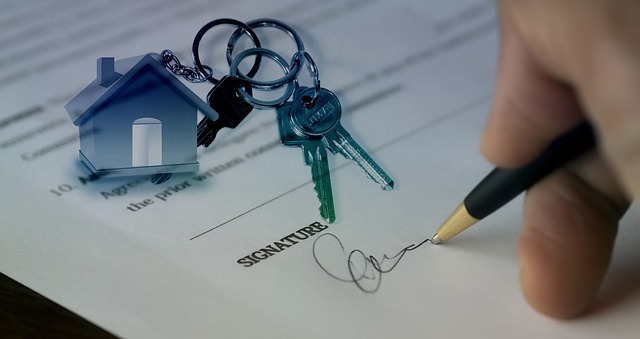
In an era where digital advancements have revolutionized the way we conduct business, it is no surprise that the real estate industry is also embracing technology to streamline its operations. One such transformation is the adoption of electronic signatures, commonly known as esignatures. The efficiency, convenience, and security of esignatures replace the inefficiency of traditional pen and paper signatures. In this blog post, we will explore the benefits of using esignatures on leases and why they are becoming the “go to” choice for landlords and tenants.
Efficiency and Convenience
Printing, scanning, faxing, and mailing lease agreements back and forth is time consuming. With esignatures, tenants can review and sign lease agreements from the comfort of their homes or offices. Esignatures on leases eliminates the need for time-consuming in-person meetings. With cheap esignature tools such as eSignToday, landlords can easily email leases electronically and receive signed copies within minutes, reducing administrative overhead and streamlining workflow. Esignatures save time and resources.
Cost Savings and Environmental Friendliness
The adoption of esignatures on leases generates cost savings to landlords and tenants. Electronic signatures eliminate paper, printing, postage, and physical storage – all of which have a cost. Additionally, the intangible cost of time saved by esignatures enables landlords to focus on other aspects of property management. Moreover, esignatures contribute to environmental sustainability by reducing paper waste and carbon emissions associated with printing and transportation. By embracing digital solutions like esignatures, the real estate industry can actively participate in the global effort towards a greener and more sustainable future.
Legal Validity/Compliance
Most jurisdictions have recognized the legal enforceability of esignatures and have implemented laws and regulations to support their use. In the United States, the Electronic Signatures in Global and National Commerce (ESIGN) Act and the Uniform Electronic Transactions Act (UETA) validate the use of electronic signatures for most transactions, including leases. Similarly, many other countries have their own legislation that supports the use of electronic signatures.
Esignatures on leases have become a game-changer in the real estate industry, offering an efficient, secure, and environmentally friendly alternative to traditional paper-based signatures. The digital revolution has enabled landlords and tenants to streamline the leasing process and save time and money.
